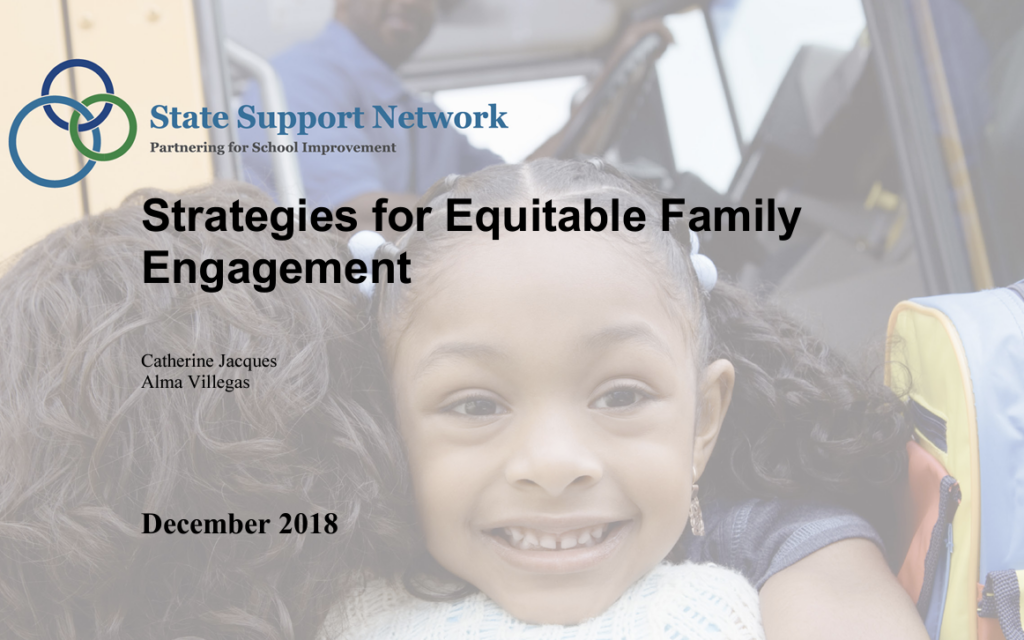Call for Proposals is Now Open!
Multilingual Family Transliteracies Project Call for Proposals
We are inviting proposals for projects at the classroom or school level that promote multilingual family engagement through valuing the use of home languages for literacy learning and development. Priority will be given to ongoing projects with extended timelines rather than a one-time event.
The purpose is to build on families’ cultural and linguistic identities and literacy practices—their funds of knowledge—as a foundation for new learning and to enable caregivers to exercise agency in their children’s education.
We are interested in prioritizing proposals that have considered these questions:
- How can educators design and implement family literacy projects that empower families as leaders?
- How can a family literacy project create a space where educators access and build on multilingual learners’ and families’ funds of knowledge as rich learning resources?
- What do families value in their children’s literacy education?
- What stories do families and students want to share?
Priority will be given to projects that can result in a blueprint for replication and that generate publicly sharable products.
We encourage you to be creative with the kinds of family literacy engagement projects that can be responsive to these questions! The projects selected for funding and dissemination can focus on several areas. Some example ideas are: projects that promote reading in multiple languages, celebrate multilingual family literacy practices, invite multilingual volunteers to read in the classroom, produce bi-multilingual storybooks, or create video recordings of dialogic book readings of families’ favorite multicultural and bilingual books.
Please know that projects are not limited to these ideas. We invite your creativity in proposing family literacy engagement projects/events that are responsive to the multilingual learners and families served in your context!
Eligibility Requirements
ELIGIBILITY REQUIREMENTS – Applicants must:
- Work in Prince William County Public Schools (PWCS)
- Work with multilingual learners
Criteria for successful projects
- The project draws on applicable best practices from current research and practice guides (see below for useful resources).
- The objectives of the project are SMART (Specific, Measurable, Achievable, Relevant, and Time-Bound).
- The objectives and project activities are responsive to the strengths, needs, and interests of the multilingual learners and families served by the school, by allowing families to build on and expand their multilingual and multicultural capacities over time.
- The project has potential to result in a sustainable blueprint, which can be repeated or adapted for replication in another school year or in other classrooms/schools.
- The project generates a shareable product.
- The project should span one month, a full semester, or across the school year with a focus on continuous development rather than one-time events.
- Budget requests meet funder requirements.
- Use this proposal worksheet to brainstorm and plan out your event. The link to the submission form is at the bottom of this webpage, under ‘How to Apply’.
Proposed Budget
ACE-STEM Project will fund up to 7 Family Literacy Engagement Projects during the 2024-2025 school year based on quality proposals. Each selected proposal will receive up to $1,500 (or $2,500 for collaborative projects) in total funding.
ACE-STEM will reimburse up to $1,000 for the cost of approved project expenditures upon receipt of an official detailed invoice with supporting documentation such as copies of purchase orders, paid receipts or invoices for materials and/or services. On the proposal submission form, you will need to provide a comprehensive list of your anticipated expenditures for designing and implementing your proposed program. Please refer to Allowable/Allocable expenditures (up to $1,000 for an individual project and $1,500 for a collaborative project) as you develop your budget. To recognize your time and effort in planning and implementing an approved project, you will also receive an honorarium of $500 after completing the project and submitting a required project summary (template will be provided).
Budget and Compensation Guidelines
- Individual Projects
- Budget limit: Up to $1,000 for allowable expenditures
- Honorarium: $500 upon project completion and submission of required project summary
- Collaborative Projects:
- Collaboration is limited to a maximum of two teachers per project
- Budget limit: $1,500 collectively for allowable expenditures
- Honorarium: $500 per teacher upon project completion and submission of required project summary
- Honorarium Details:
- Paid after completing the project and submitting a required project summary
- A template for the project summary will be provided
- Each teacher (individual or collaborating) will receive the honorarium individually
- Reimbursement Process:
- Submit receipts for allowable expenditures up to the specified limit
All expenditures and honoraria are subject to approval and contingent upon successful completion of the project and submission of required documentation. On the proposal submission form, you will need to provide a comprehensive list of your anticipated expenditures for designing and implementing your proposed project. Please refer to Allowable and Non-Allowable expenditures as you develop your budget
Allowable/Allocable Expenditures
Budget requests must be allowable, allocable, necessary, and reasonable. In general, this means requested items that are directly related to multilingual family literacy, such as books for students and families, school supplies, manipulatives, displays, translation, interpretation, software, print materials. For example, the grant cannot support the purchase of equipment, technology such as iPads, tablets, laptops, phones, furniture, food, promotional materials, gift cards, donations, clothing or other personal items. Please reach out with questions if you are unsure of the eligible items.
How to Apply!
Apply now by completing the proposal submissio form HERE!
Please reach out to us via email with questions as you develop proposals: [email protected]
Resources
hat may be helpful as you develop proposals anchored in best practices can be found at the bottom of Multilingual Family Transliteracies Project (MFTP) page on our website.
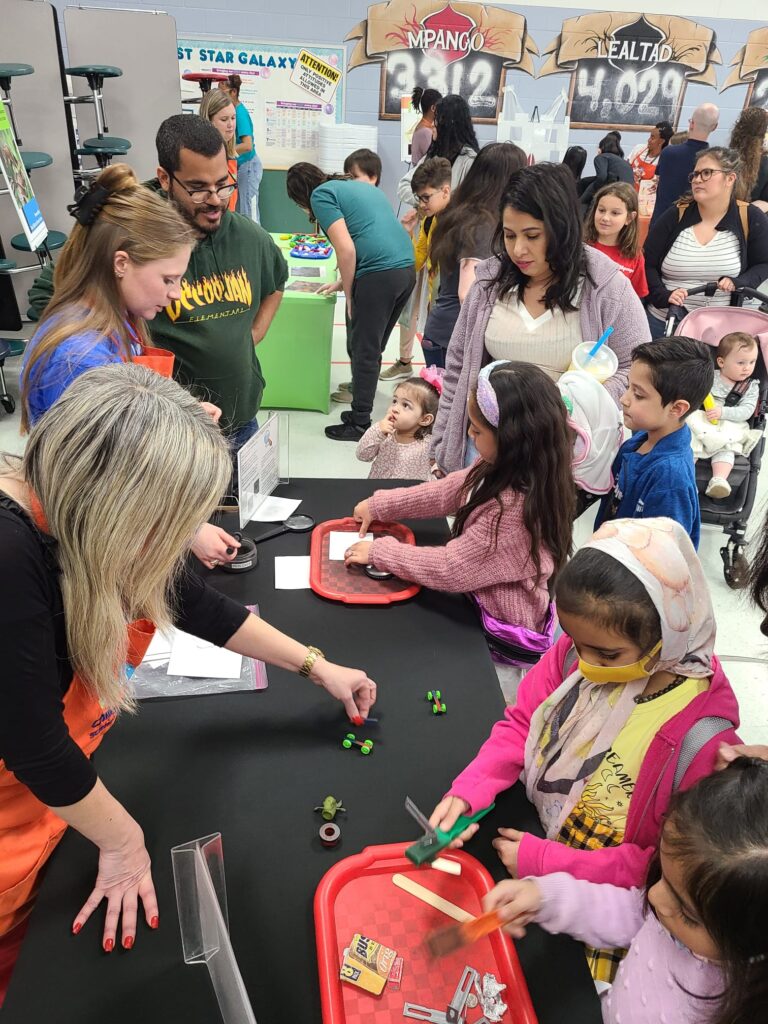
Family Engagement on the Multilingual Learning Toolkit
The Multilingual Learning Toolkit is an online hub for research-based key principles, instructional strategies, and associated, free, practical, and easy-to-use resources that are geared towards educators who teach PreK-3rd Multilingual Learners.
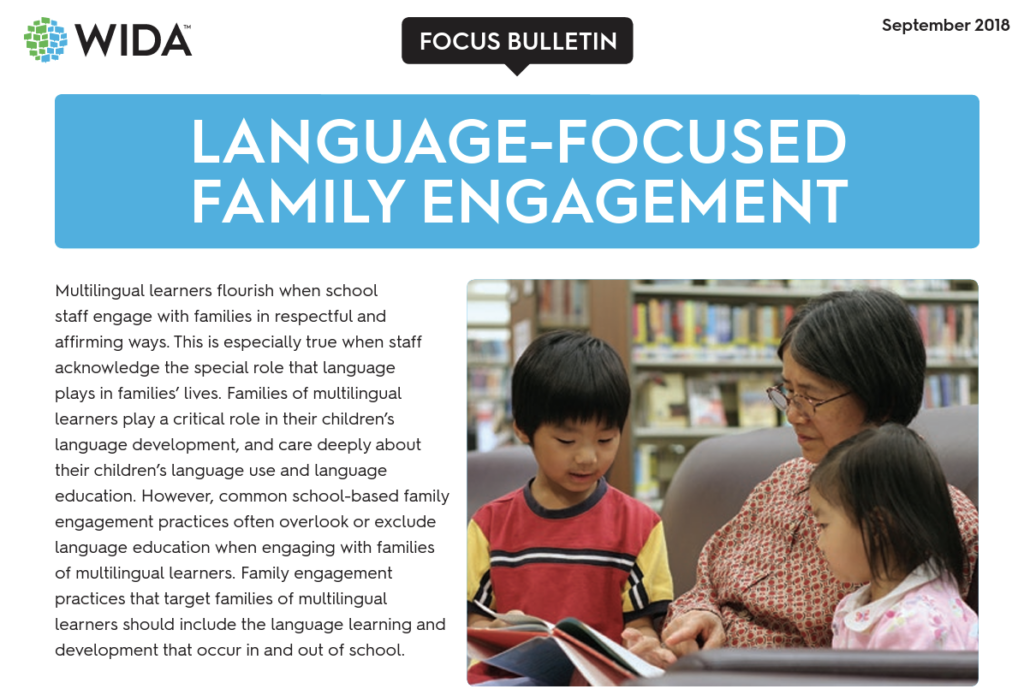
Language-Focused Family Engagement from WIDA
WIDA Focus Bulletins are resources for practitioners and educators who support, instruct, and assess multilingual learners in early care and education and K-12 settings. To see other Focus Bulletins, please visit wida.wisc.edu/resources.
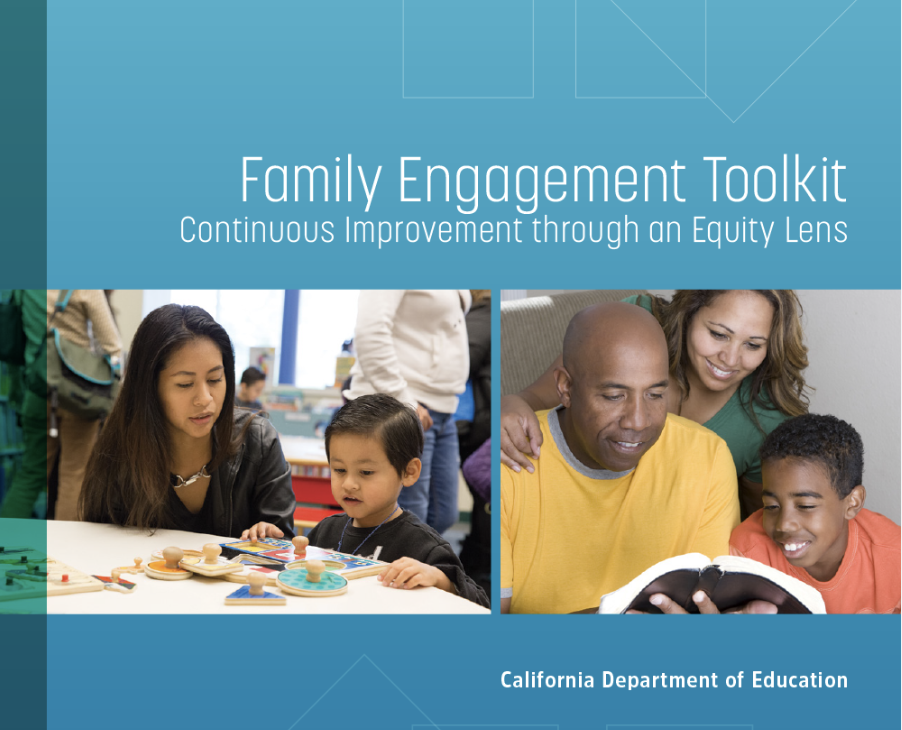
WestED’s Family Engagement Toolkit
This toolkit, produced by the California Department of Education, was developed to provide districts and schools with practical planning and evaluation tools that support efforts to engage all families, particularly those of underrepresented and underserved students.
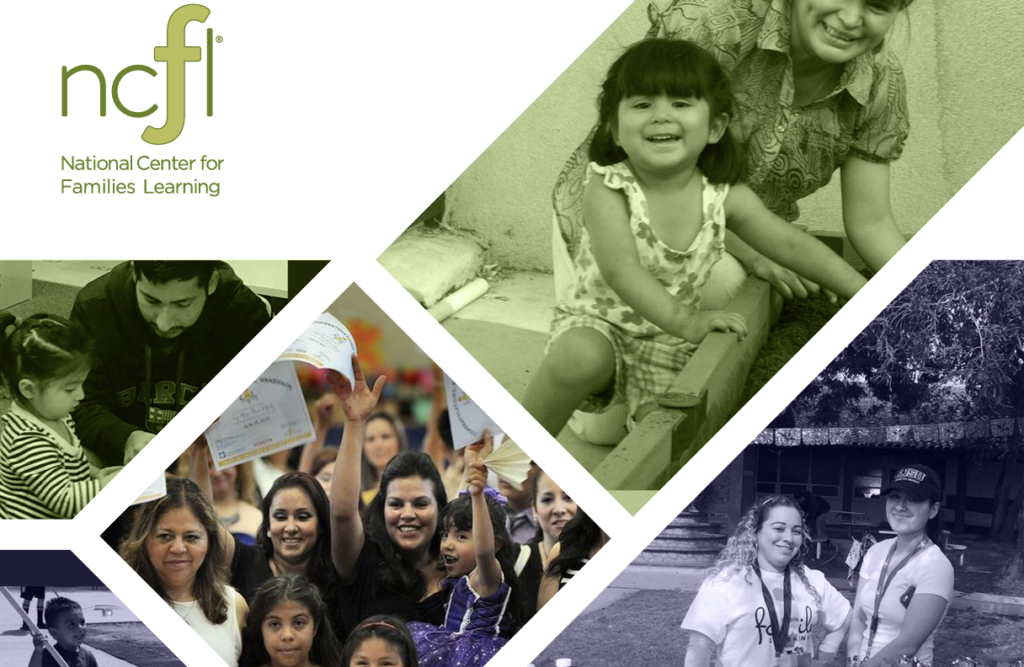
National Center for Families Learning–Sustain and Gain
This document outlines planning and execution steps and considerations for programs to explore as they expand and reinvent their sources of funding. Planning and preparation will enhance the likelihood of identifying and attracting new sources of support.
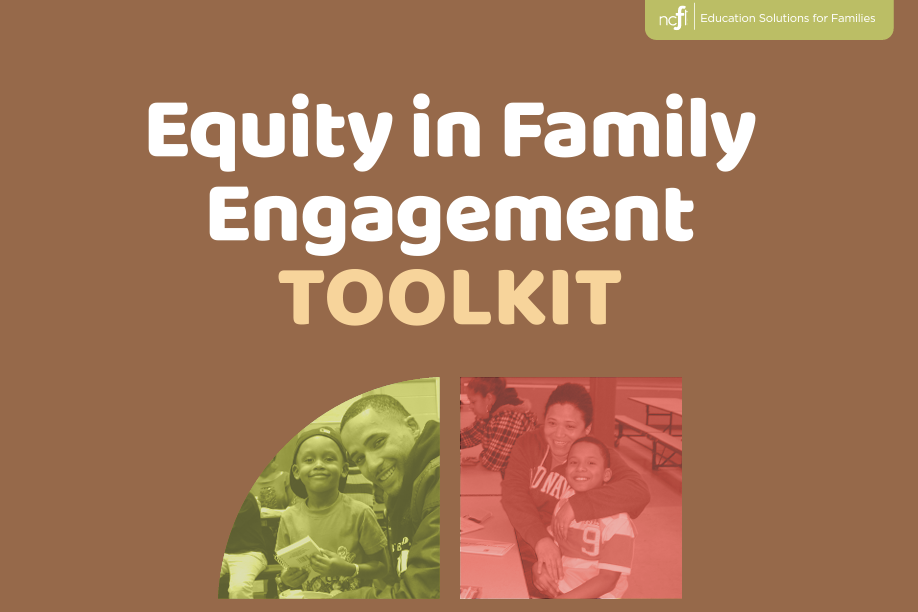
National Center for Families Learning—Equity in Family Engagement Toolkit
Based on a Parent University collaboration with AMPED, JCPS, and NCFL, stakeholders produced this Equity in Family Engagement Toolkit to support educators as they engage with families toward student learning and achievement.

